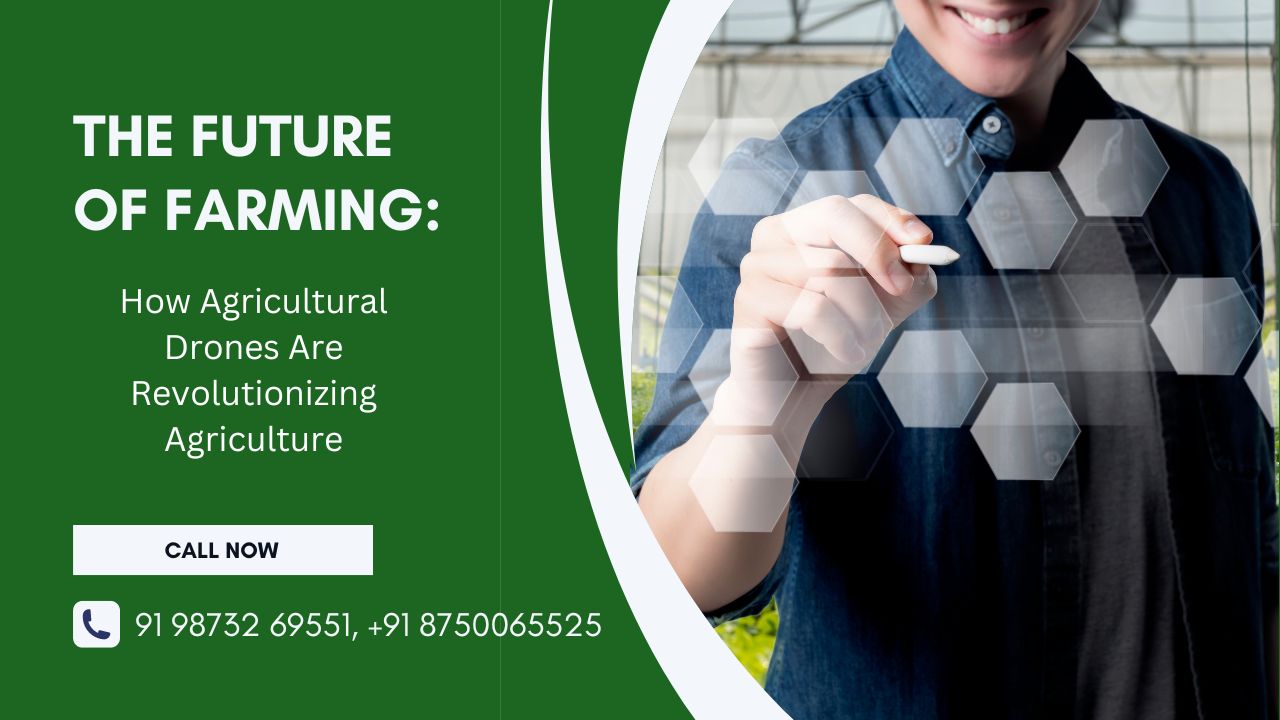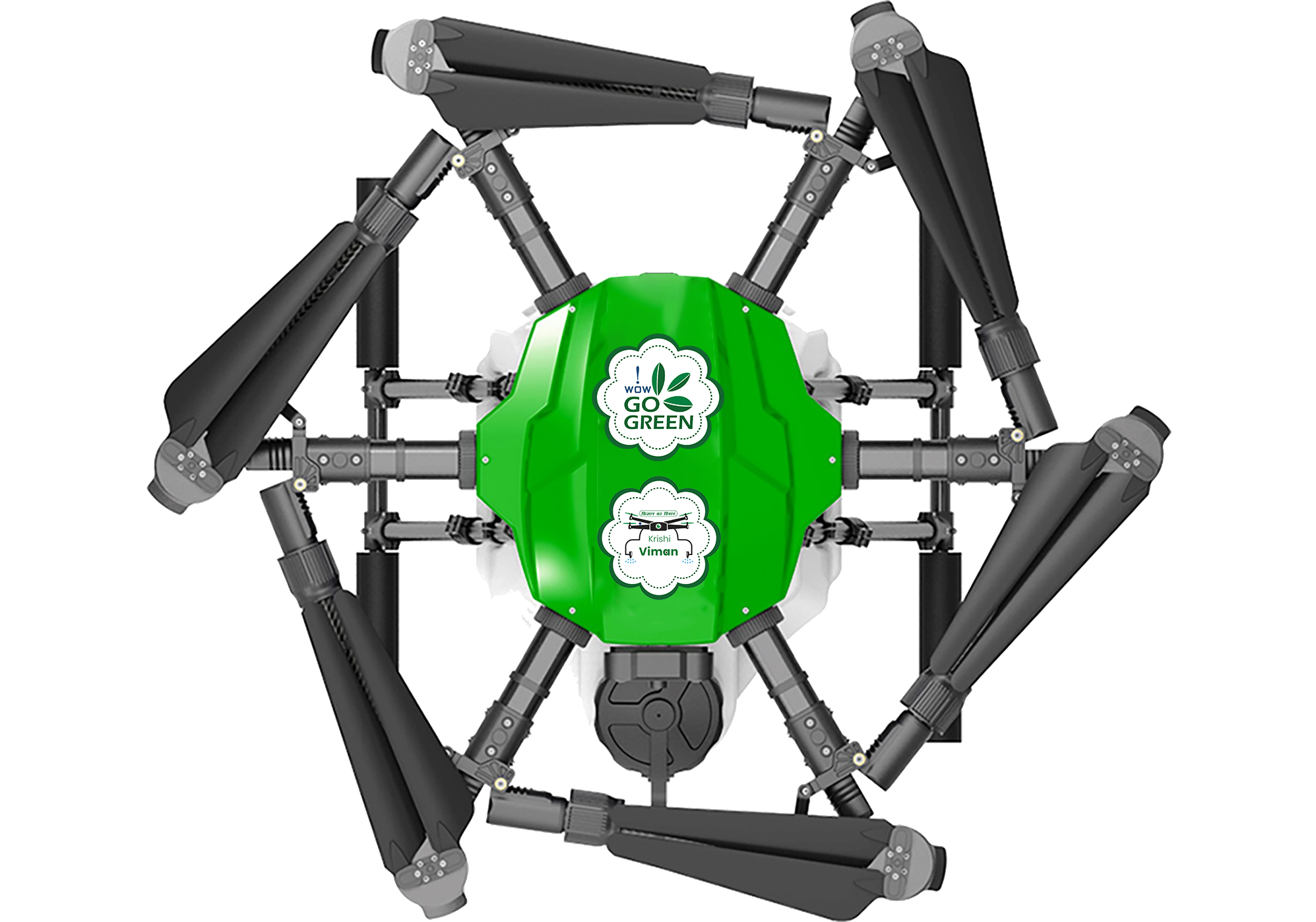10 Ways Agricultural Drones Are Transforming Crop Management
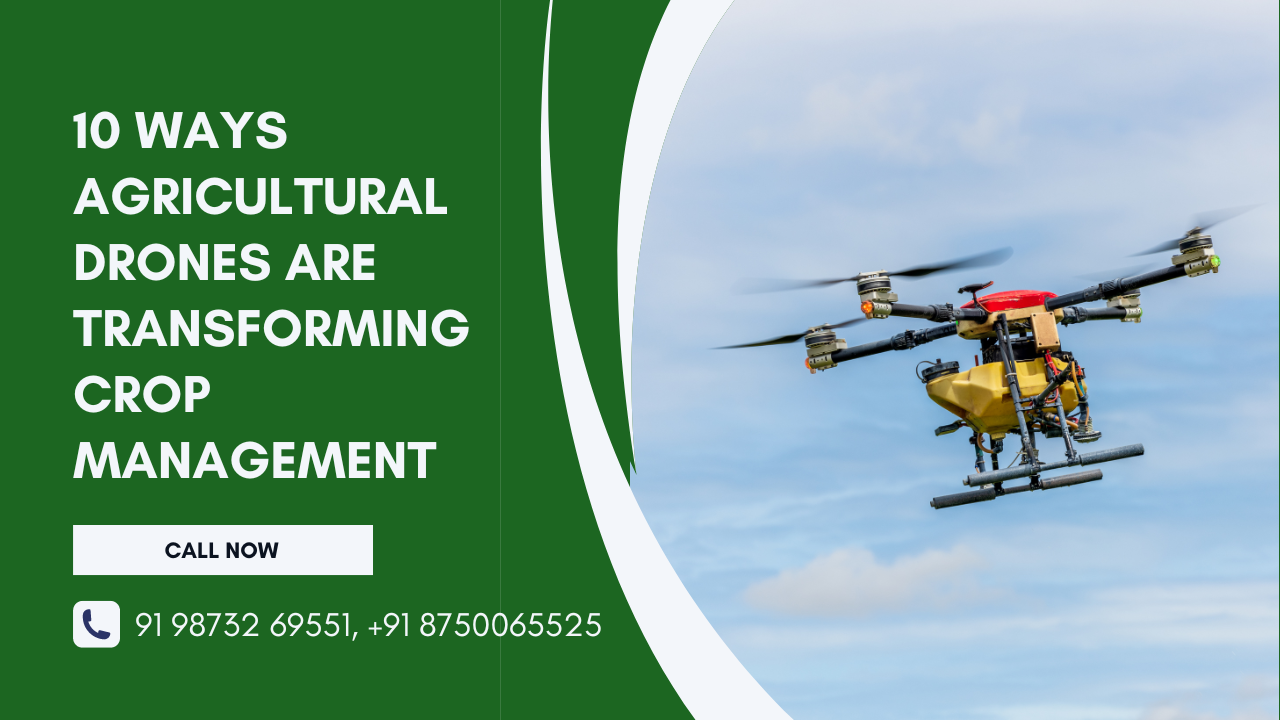
- By: krishiviman /
- 25-03-2024
In the rapidly evolving landscape of agriculture, technological innovations are driving significant advancements in crop management practices. Among these innovations, agricultural drones have emerged as a powerful tool, revolutionizing the way farmers monitor and manage their crops. From precision agriculture to data-driven decision-making, drones are transforming crop management in numerous ways.
Precision Crop Monitoring:
Agricultural drones equipped with high-resolution cameras and sensors enable farmers to monitor crop health and growth with unparalleled precision. By capturing aerial imagery and data, drones provide detailed insights into factors such as plant health, nutrient levels, and water stress. This information allows farmers to identify issues early on and take targeted actions to optimize crop performance.
Soil Analysis and Mapping:
Drones equipped with specialized sensors can perform detailed soil analysis and mapping, providing farmers with valuable information about soil composition, moisture levels, and fertility. By generating accurate soil maps, drones help farmers make informed decisions about soil management practices such as fertilization, irrigation, and drainage.
Pest and Disease Detection:
Early detection of pests and diseases is crucial for effective crop protection. Agricultural drones equipped with thermal imaging cameras and multispectral sensors can detect subtle changes in crop temperature and reflectance, indicating the presence of pests or diseases. By identifying affected areas promptly, farmers can implement timely interventions to mitigate risks and minimize crop damage.
Crop Health Assessment:
Monitoring the overall health and vigour of crops is essential for maximizing yields and quality. Agricultural drones provide valuable insights into crop health by capturing multispectral imagery, which can reveal variations in chlorophyll content, biomass, and stress levels. By analyzing this data, farmers can assess the condition of their crops and tailor management practices accordingly.
Weed infestation poses a significant challenge for farmers, affecting crop yields and profitability. Agricultural drones equipped with machine learning algorithms and artificial intelligence can accurately identify and classify weeds in fields. Armed with this information, farmers can implement targeted weed management strategies, such as precision herbicide application or mechanical cultivation, reducing the reliance on chemical inputs.
Crop Yield Estimation:
Accurately estimating crop yields is essential for planning harvest operations and optimizing market strategies. Agricultural drones equipped with advanced imaging technologies, such as LiDAR (Light Detection and Ranging), can generate 3D maps of crop fields and assess biomass and yield potential. By quantifying crop yields remotely, drones help farmers make informed decisions about harvesting schedules and marketing strategies.
Irrigation Management:
Optimizing water usage is critical for sustainable agriculture, especially in regions facing water scarcity. Agricultural drones equipped with thermal cameras and soil moisture sensors can assess crop water stress levels and identify areas that require irrigation. By providing real-time data on soil moisture levels and crop water demand, drones enable farmers to implement precise irrigation strategies, minimizing water wastage and maximizing crop yields.
Crop Spraying Efficiency:
Traditional crop spraying methods often result in uneven application and environmental contamination. Agricultural drones equipped with precision spraying systems can deliver pesticides, fertilizers, and other agrochemicals with pinpoint accuracy. By adjusting spray rates and patterns based on crop health and environmental conditions, drones ensure optimal coverage while reducing chemical usage and minimizing environmental impact.
Environmental Monitoring:
In addition to crop-focused applications, agricultural drones can also be used for environmental monitoring and conservation efforts. Drones equipped with cameras and sensors can assess land use patterns, monitor wildlife habitats, and detect changes in vegetation cover. This information helps farmers and land managers make informed decisions about land management practices and conservation initiatives.
Data-Driven Decision-Making:
Perhaps the most significant impact of agricultural drones is their ability to facilitate data-driven decision-making in farming operations. By collecting, analyzing, and interpreting vast amounts of data, drones provide farmers with actionable insights that drive efficiency, productivity, and sustainability. From crop health monitoring to resource allocation, drones empower farmers to make informed decisions that optimize yields, minimize risks, and maximize profitability.
Conclusion:
The adoption of agricultural drones is revolutionizing crop management practices and reshaping the future of farming. By providing farmers with unprecedented capabilities for precision agriculture, drones are enhancing productivity, sustainability, and profitability across the agricultural sector. As technology continues to evolve, the potential for drones to further transform crop management and address the challenges of feeding a growing global population remains immense.
Ready to revolutionize your farming practices with agricultural drones? Contact us today at +91 98732 69551 or +91 8750065525, or email us at sales@krishiviman.com to learn how Krishiviman can help elevate your agricultural operations.
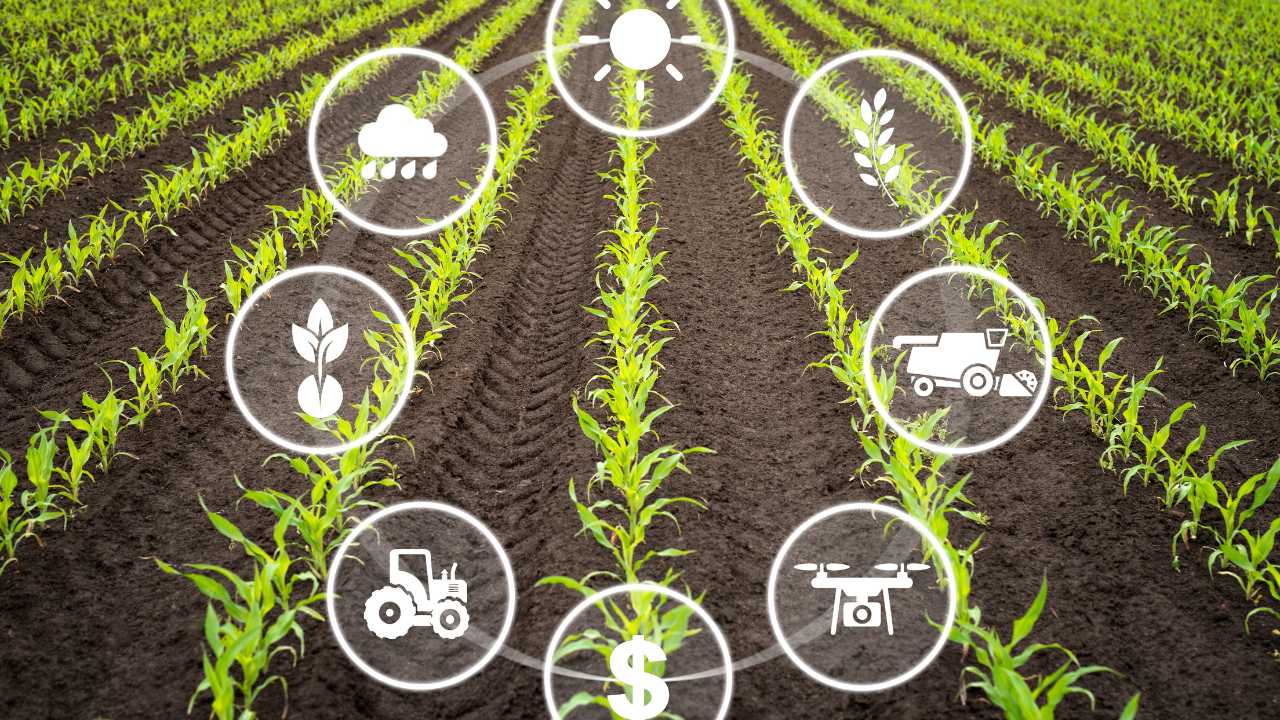
The Future of Flight: What's Next for Agricultural Drones in India?
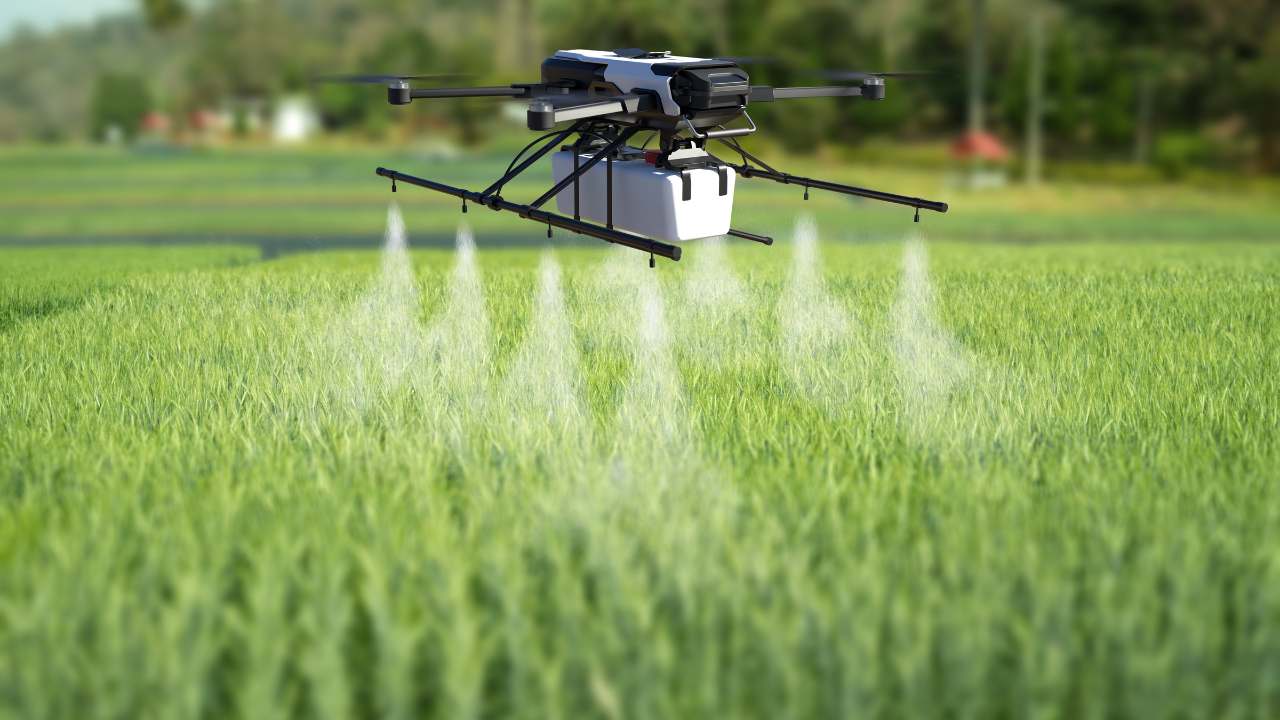
The Potential of Agricultural Drones to Improve Crop Yields and Farmer Livelihoods in India
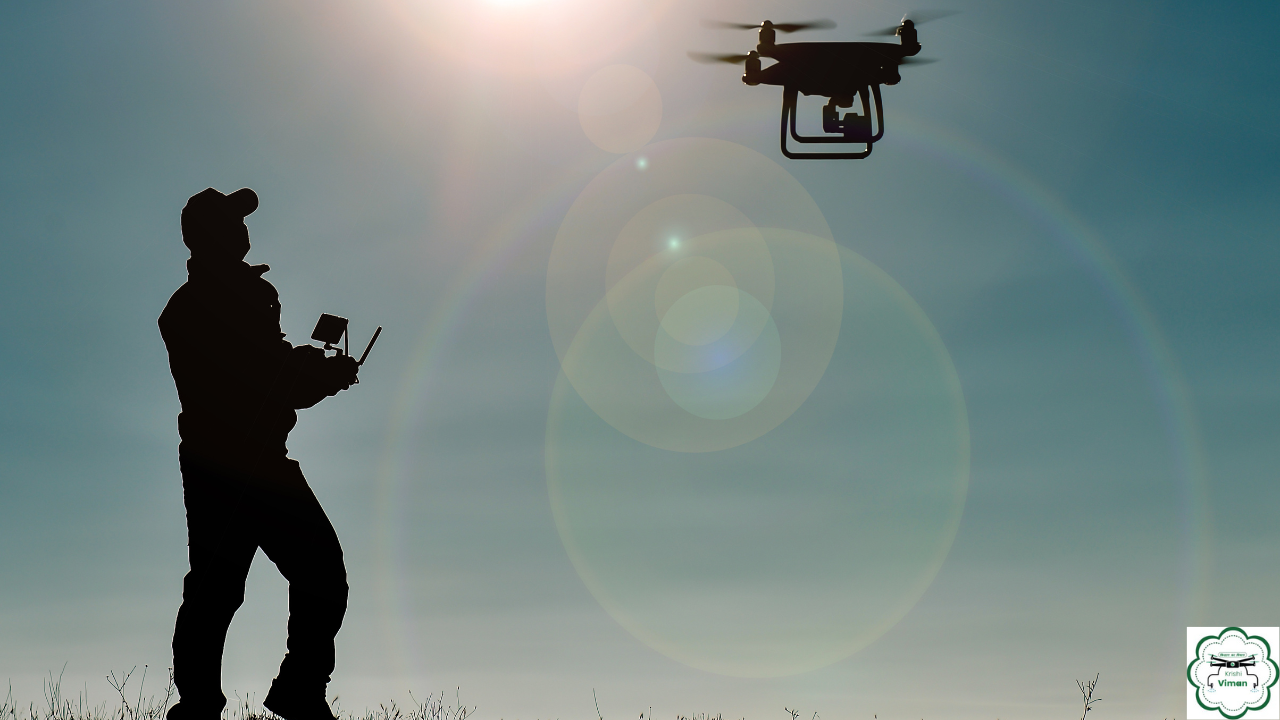
Revolutionizing Farming Practices: The Rise of Agricultural Krishi Viman for Spray Purpose
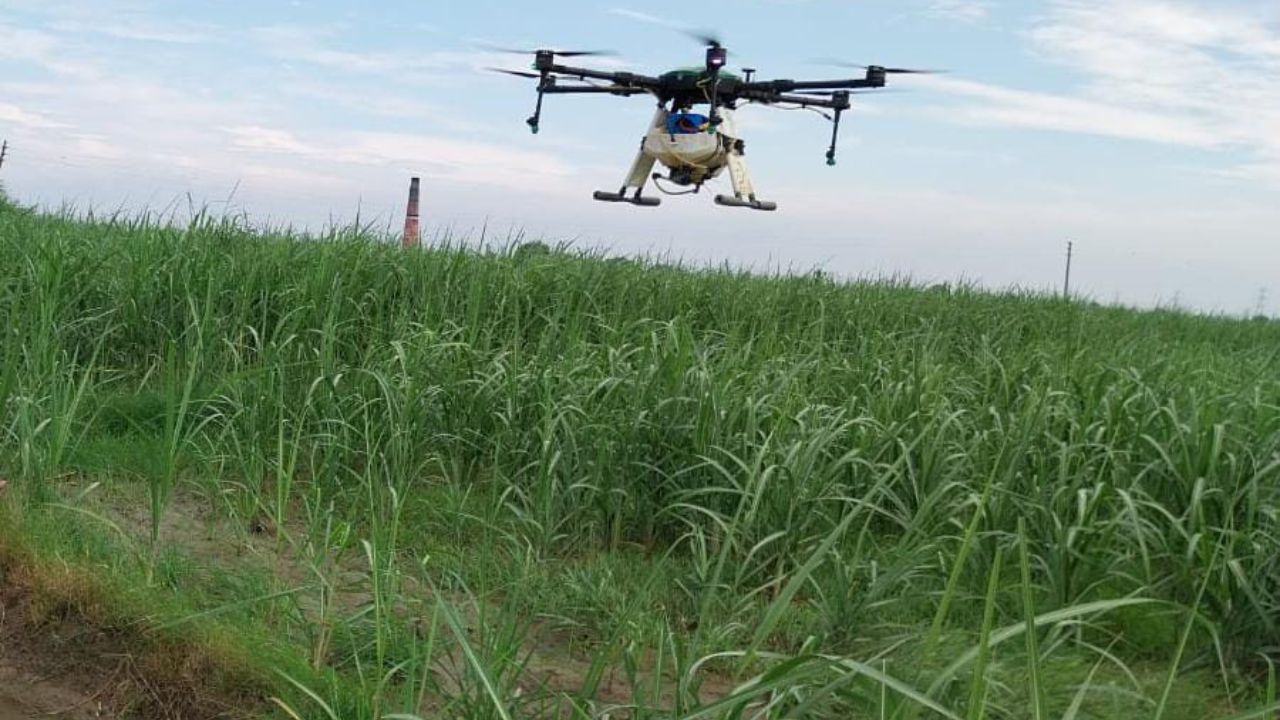
Enhancing Farming Efficiency: Mapping and Surveillance with Agricultural Spraying Drones
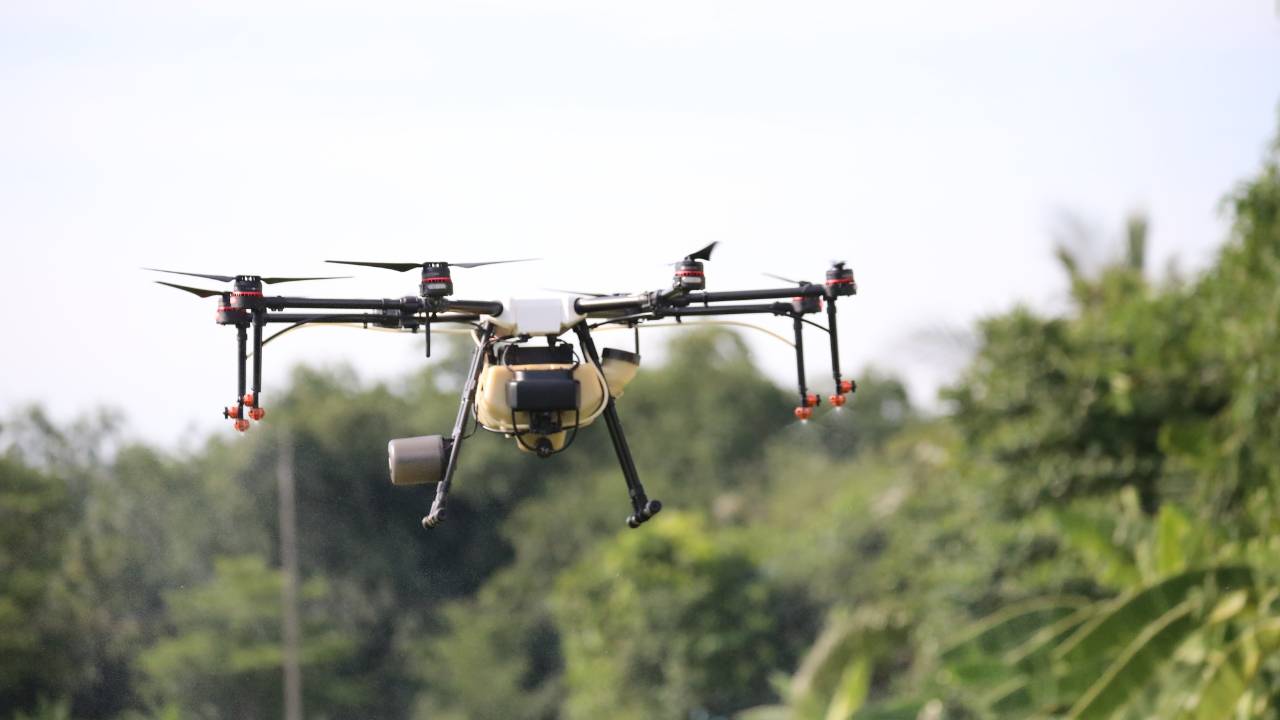
Addressing the Real Concerns of Drone Use in Indian Agriculture
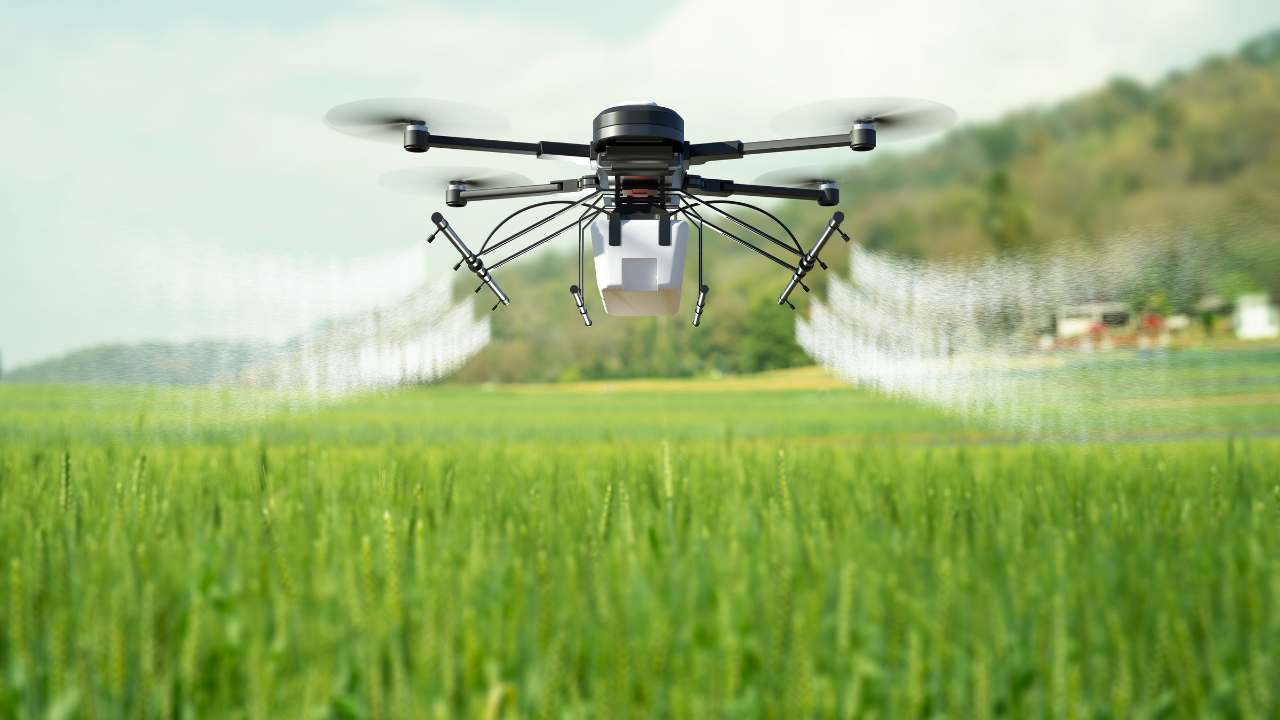
Revolutionizing Agriculture: The Journey of Indian Farmers Embracing Drone Technology
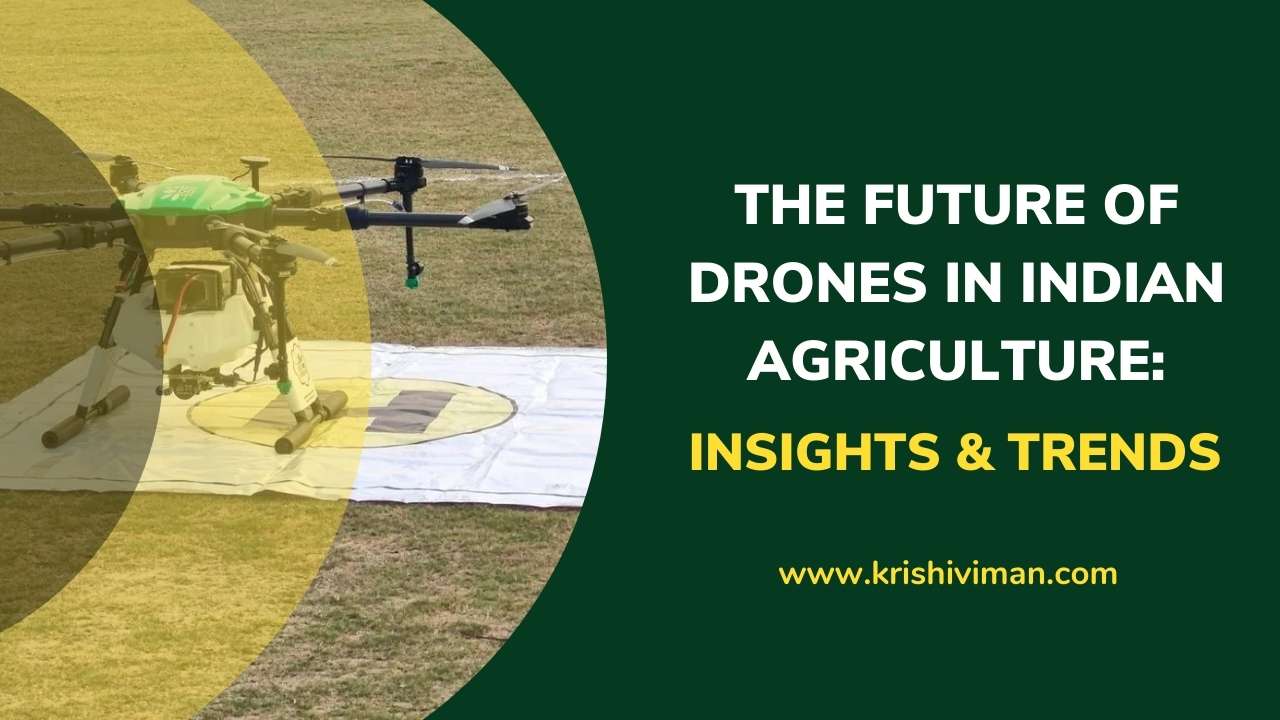
What is the future of drones in Indian agriculture?
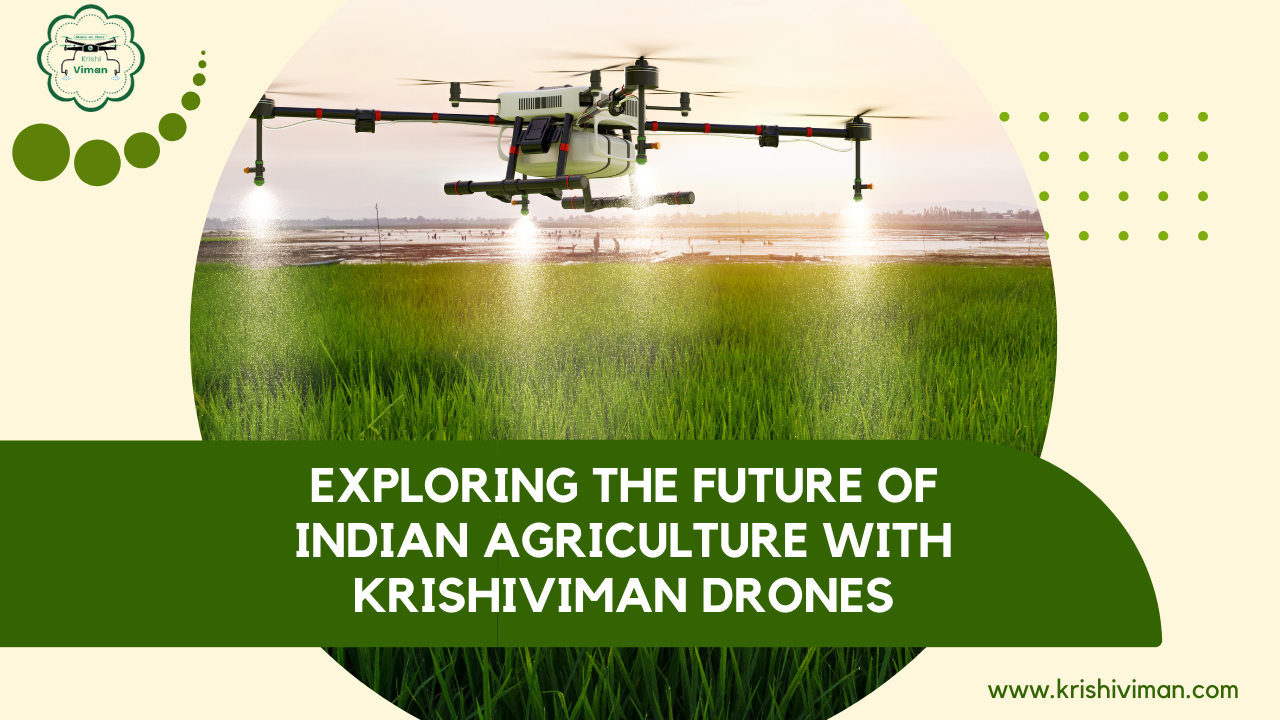
How Drones Could Be the Future of Indian Farming: A Deep Dive into Krishiviman's Innovations
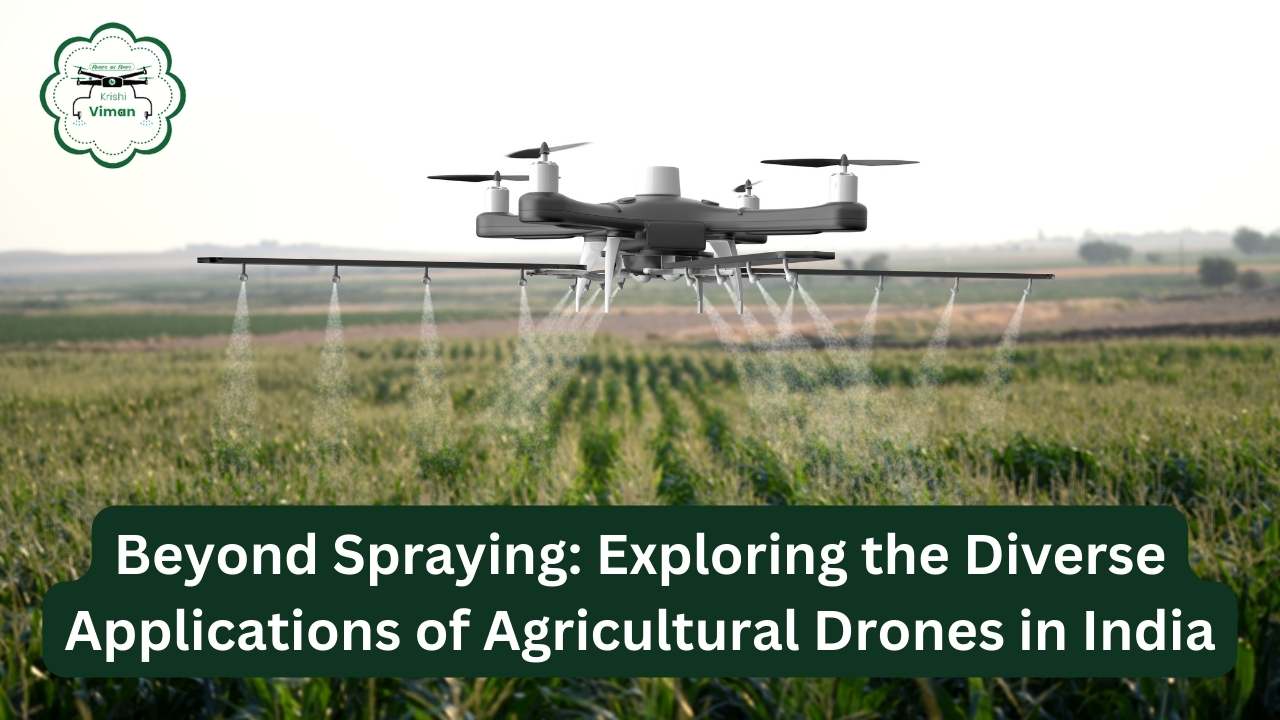
Beyond Spraying: Exploring the Diverse Applications of Agricultural Drones in India
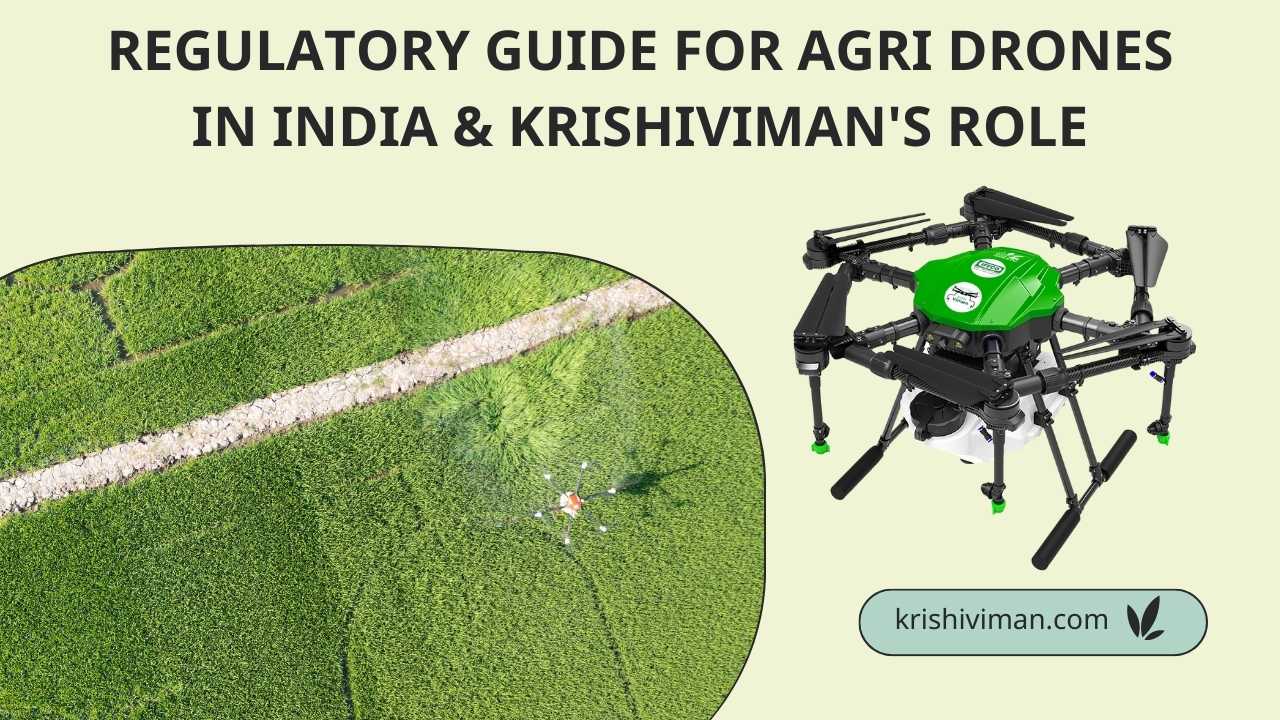
Regulatory Guide for Agri Drones in India & Krishiviman's Role
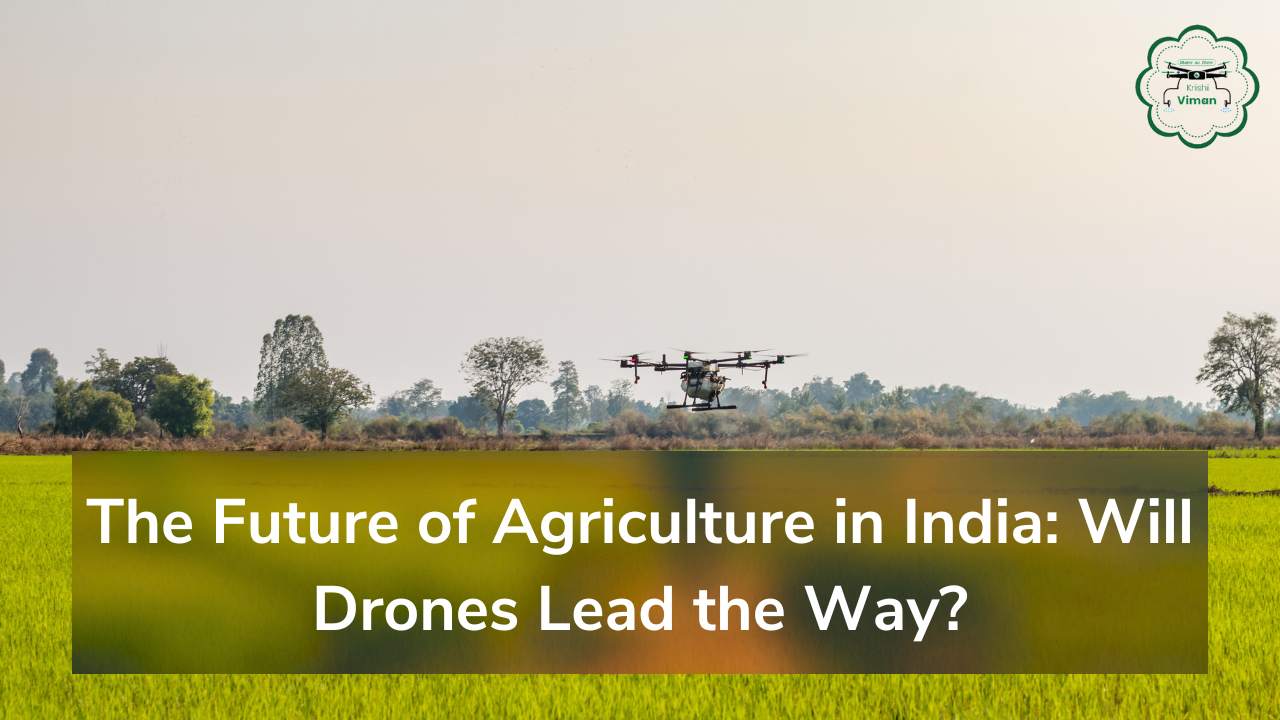
The Future of Agriculture in India: Will Drones Lead the Way?
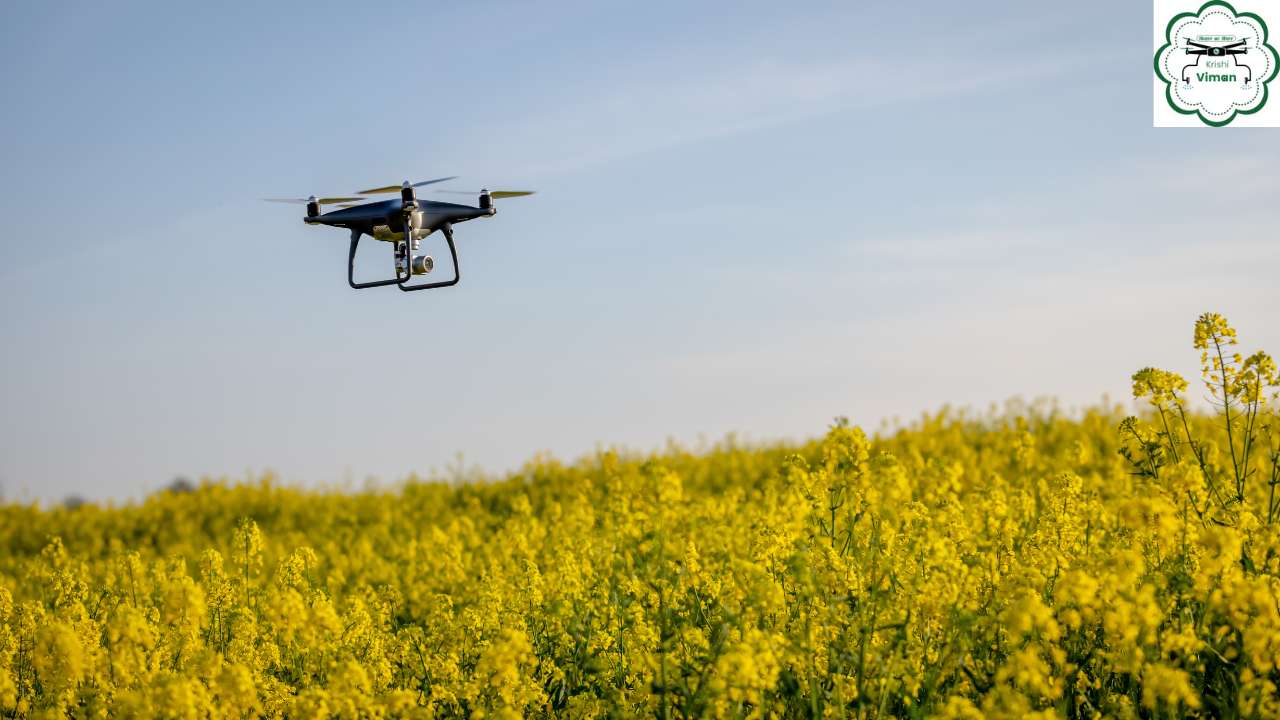
Pioneering Agri Drone Innovation in India Introduction to WOW Go Green LLP
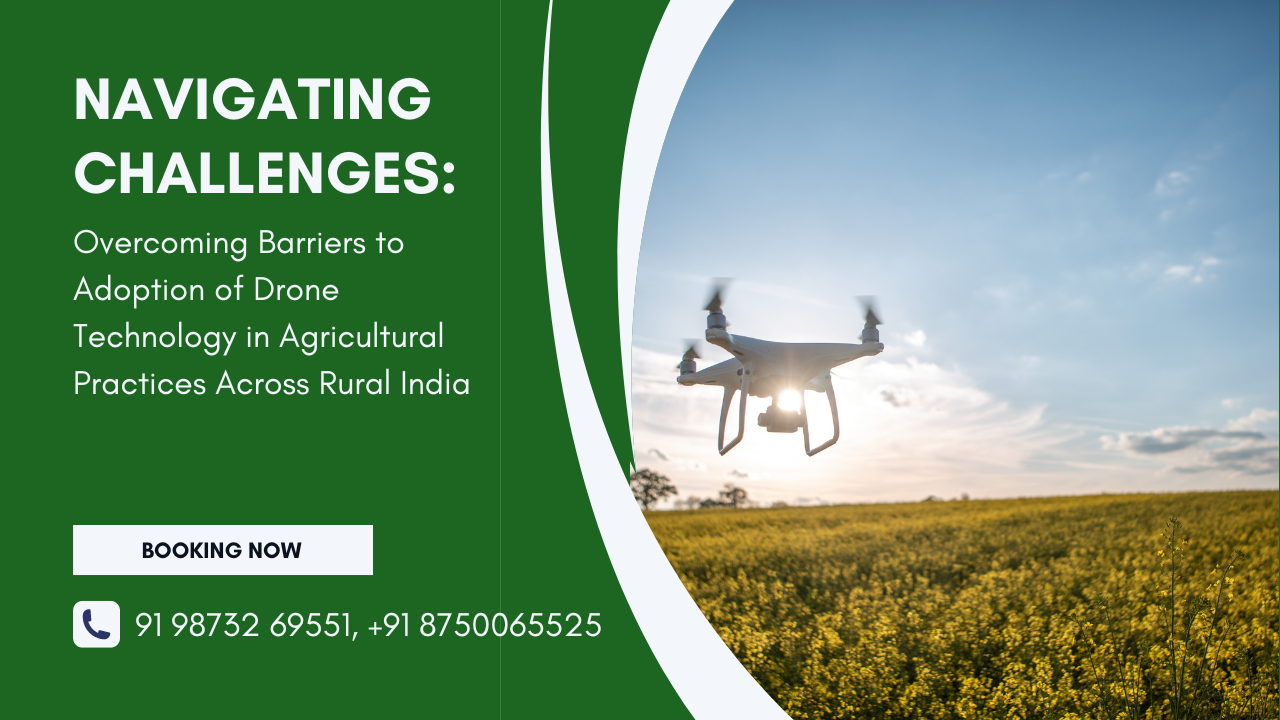
Navigating Challenges: Overcoming Barriers to Adoption of Drone Technology in Agricultural Practices Across Rural India
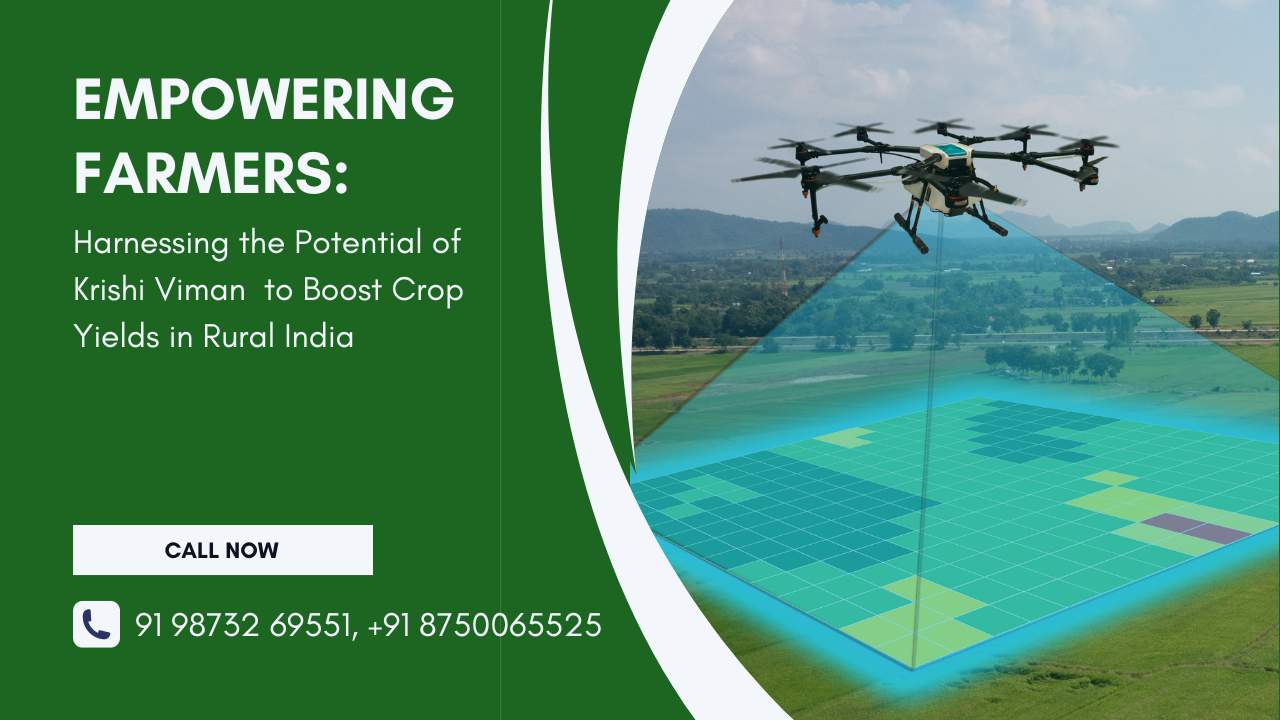
Empowering Farmers: Harnessing the Potential of Krishi Viman to Boost Crop Yields in Rural India
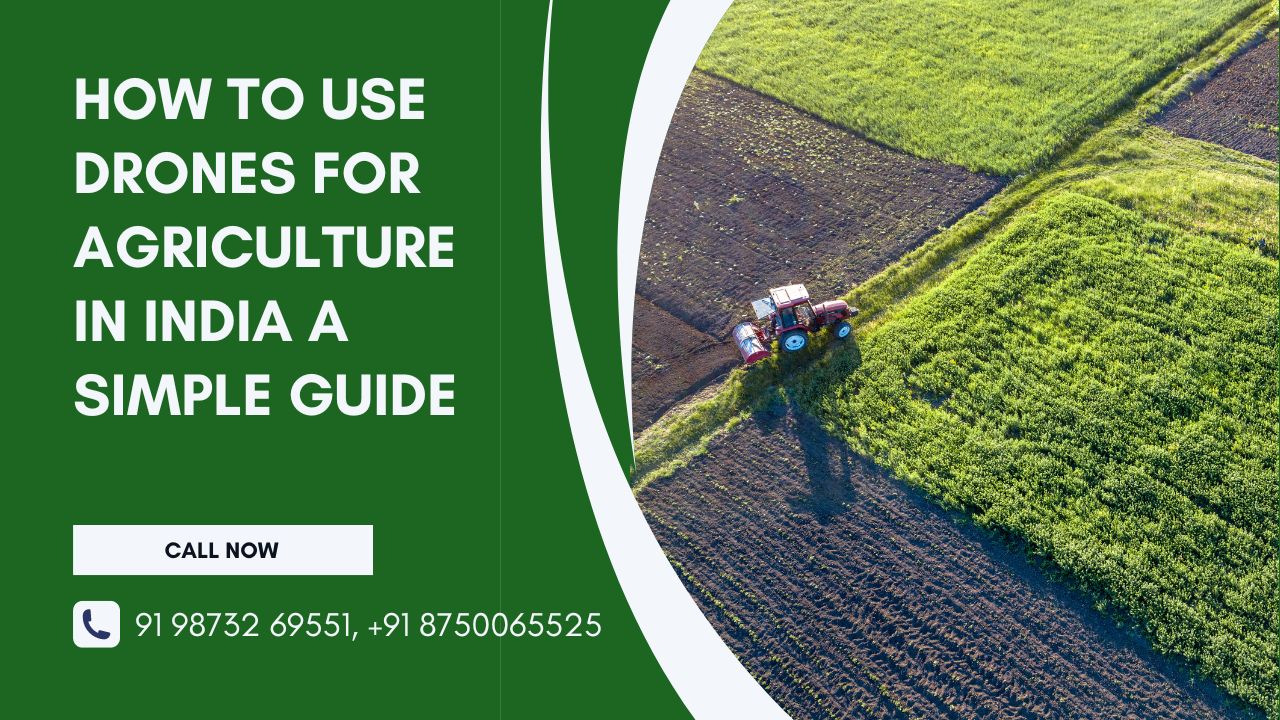
How to Use Drones for Agriculture in India: A Simple Guide
